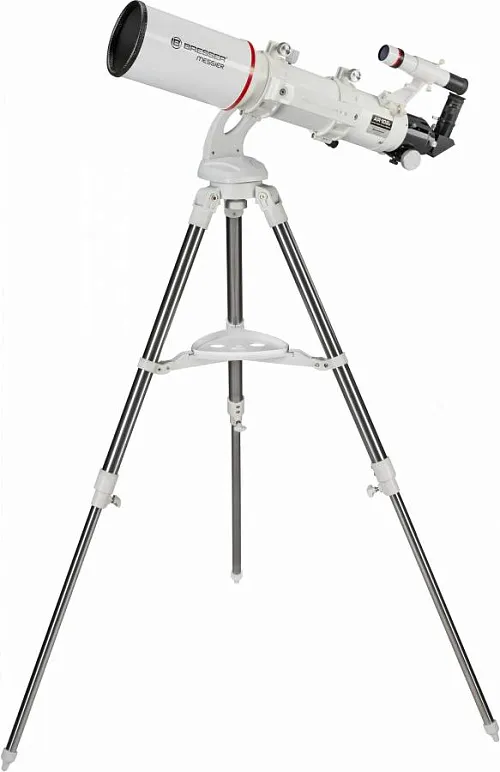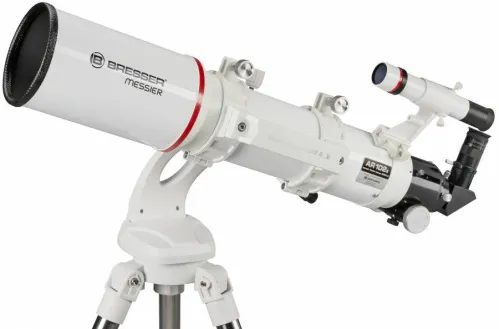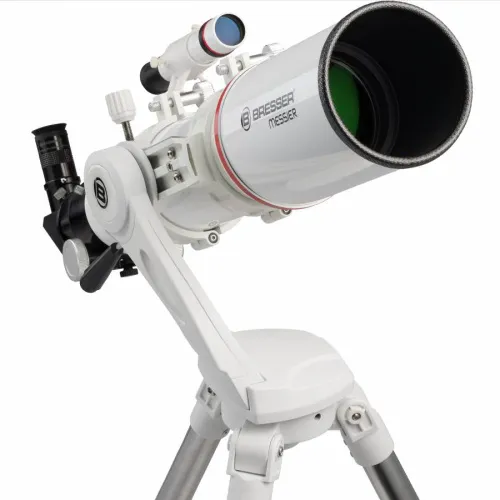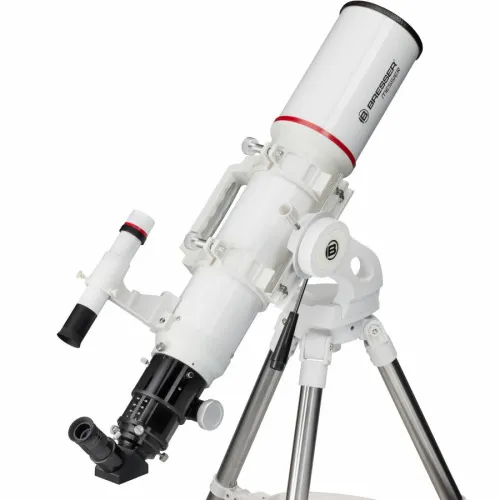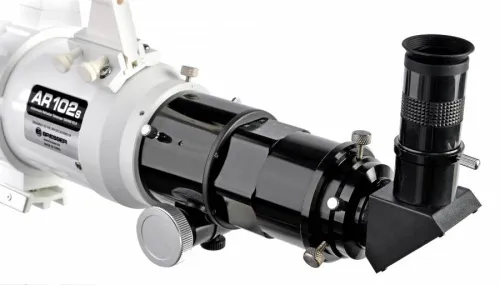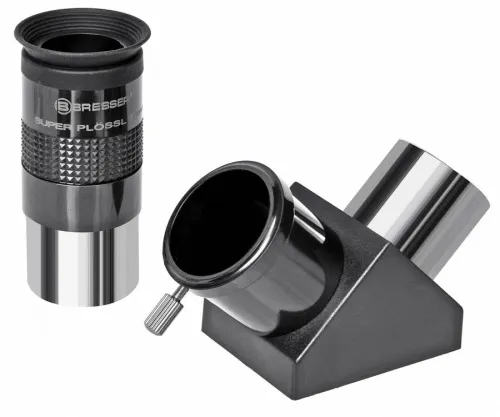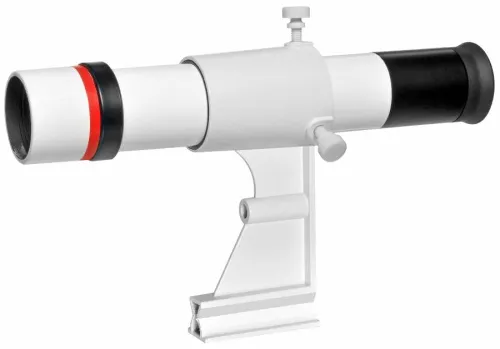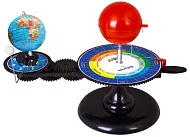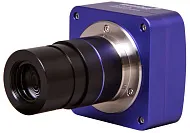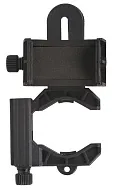Bresser Messier AR-102/600 NANO AZ Telescope
Objective lens diameter: 102 mm. Focal length: 600 mm
| Product ID | 74358 |
| Brand | Bresser GmbH, Germany |
| Warranty | 2 years |
| EAN | 4007922039312 |
| Package size (LxWxH) | 93x53x39 cm |
| Shipping Weight | 25.23 kg |
Excellent for entering into the hobby of astronomy: Observe craters, valleys and rims on the moon from nearly 400.000km away just as you would look out of the window of a spaceship!
Ambitious beginners and advanced observers alike will see the brightest objects outside our solar system with the Messier AR-102. Watch details in the Great Orion Nebula from the astonishing distance of 1500 lightyears (14.200.000.000.000 km)! Scanning the lunar terminator is simply a pleasure. Scanning the Milky Way in Saggitarius shows a multitude of deep-sky objects.
The Messier AR-102s does not only provide highly detailed views of the moon: Gaze at the division of the rings of saturn millions of kilometers away or explore the Great Red Spot of Jupiter, a giant tornado in Jupiter's atmosphere. Watch the seasons on Mars and find the sickle of Venus. The Messier AR-102s gives you images that are many times brighter than the instrument Galileo Galilei was using for his famous explorations almost 400 years ago.
The new Bresser NANO AZ telescopic mount has been developed to ensure quick and easy operation. The mount is as easy to use as a photo tripod, it is just more stable and easily carries telescopes weighing up to 4 kg. The mount can be easily swivelled by hand to the left, right, up and down, making it really easy to use and with a weight of only 3.4kg, the mount is also easy to transport. Ideal for the easy entry, as a travel mount or for quick observations. The telescopes are securely held by a clamp for 44mm prism rails, the so-called GP Level. This is an international manufacturer-independent standard, whereby all telescopes with such a GP prism rail can be installed on this mount. The sturdy and height-adjustable stainless steel tripod included in the scope of delivery is the ideal base for the Bresser NANO AZ mount.
Features:
- High quality achromatic lens telescope for beginner
- Richfield refractor telescope with AZ mount and tripod
- Ideal for moon, planets, star clusters and nebulars
- Fast setup and simple handling
- Ideal for easy entry & travel mounting
- Aperture: 102mm / Focal length: 600mm
- Maximum recommended magnification: 200x
- Universal 44mm Dovetail plate with stainless steel rail (fits EXOS/LXD75/Great Polaris/EQ5)
- Excellent Hexafoc focuser with 2.5" (65mm) open diameter
- 6x30 straight through viewfinder
- Optimized finder bracket for comfortable use
- 31.7mm (1.25) diagonal mirror
- Cradle rings with handle and integrated piggyback camera holder (1/4" thread)
- Universal 44mm Dovetail plate with stainless steel rail (fits LXD75/Great Polaris/EQ5)
- 50.8mm (2") to 31.7mm (1.25") adapter with integrated T2 thread (optional T2-adapter ring for your camera is needed)
The kit includes:
- Optical tube
- Azimuth NANO mount
- Stainless steel tripod with accessory shelf
- Eyepiece: 26mm Super Plössl 31.7mm (1.25")
- 2" eyepiece adapter
- 6x30 viewfinder
- Tube clamp with handly and camera adapter
- 31.7mm (1.25") diagonal mirror
- PC Software Stellarium
- Moon map
- Manual
| Product ID | 74358 |
| Brand | Bresser GmbH, Germany |
| Warranty | 2 years |
| EAN | 4007922039312 |
| Package size (LxWxH) | 93x53x39 cm |
| Shipping Weight | 25.23 kg |
| Optical design | refractor |
| Optical scheme | achromat |
| Optics coating | multi-coated |
| Primary mirror diameter (aperture), mm | 102 |
| Focal length, mm | 600 |
| Lowest practical power, x | 23 |
| Highest practical power, x | 200 |
| Aperture ratio | f/5.9 |
| Resolution threshold, arcseconds | 1.3 |
| Eyepieces | SUPER Plössl 26mm |
| Eyepiece barrel diameter, in | 1.25 |
| Finderscope | 6х30 |
| Focuser | 2.5" Hexafoc |
| Tripod | stainless steel |
| Mount | alt-azimuth |
| Optical tube mounting mode | 1/4" thread, dovetail plate |
| Optical tube material | metal |
| Optical tube dimensions, mm | 103x600 |
| User level | beginners |
| Observed object | planets of the Solar System and deep-sky objects |
and downloads

